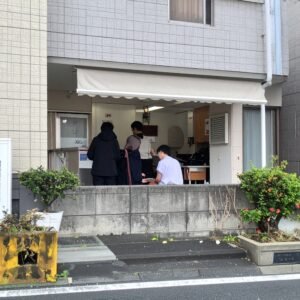Trends and Tax Implications in Japan’s High-End Real Estate Market
In 2025, Japan’s luxury real estate market is attracting increasing attention from wealthy individuals both inside and outside the country. According to the latest data, the market size reached 34.5 billion US dollars in 2024 and is projected to grow to 60.8 billion US dollars by 2033. This translates to an impressive annual growth rate of 6.18 percent. Major urban centers such as Tokyo, Osaka, and Kobe continue to see rising prices for high-end investment properties, with capital inflows from Asia and Western countries growing steadily. Behind this momentum are recent changes in real estate taxation and more diverse investment strategies.

New Tax Policies and Investment Shifts in 2025
One of the biggest tax updates in 2025 is the introduction of a minimum tax rule. This rule targets ultra-wealthy individuals with annual income above 3 billion yen. The goal is to address the so-called 100 million yen income tax gap by increasing taxes on financial income. At the same time, domestic property investment has become more attractive due to expanded mortgage tax deductions and new tax incentives for energy-efficient housing, which help reduce acquisition and ownership costs.
In contrast, overseas property depreciation, which had been used for tax savings, has been restricted. Since 2022, Japanese tax returns no longer allow depreciation expenses for foreign real estate to be counted. This change is pushing investors back toward domestic property strategies that prioritize long-term asset value over short-term tax benefits.
Growing Interest Among Wealthy Households
A recent report by Nomura Research Institute estimates that there are 1.65 million high-net-worth and ultra-high-net-worth households in Japan as of 2025. These investors are increasingly focused on understanding how tax changes affect their portfolios. A leading real estate consultant notes that luxury properties in major cities are not only ideal for asset growth, but also offer many opportunities for smart tax planning. High-performance and energy-efficient properties are particularly well positioned to benefit from the latest incentives.

What Global Investors Are Doing
In Tokyo, high-net-worth investors from China, Hong Kong, and Thailand have been actively purchasing luxury condominiums. They are taking advantage of mortgage deductions and preferential tax systems, while also favoring properties equipped with smart home technology and wellness amenities.
Among Japanese investors, there is a clear shift toward long-term holding and income-focused strategies. This shift comes in response to increased taxation on short-term resale profits, which makes short flipping less attractive than steady rental income.









